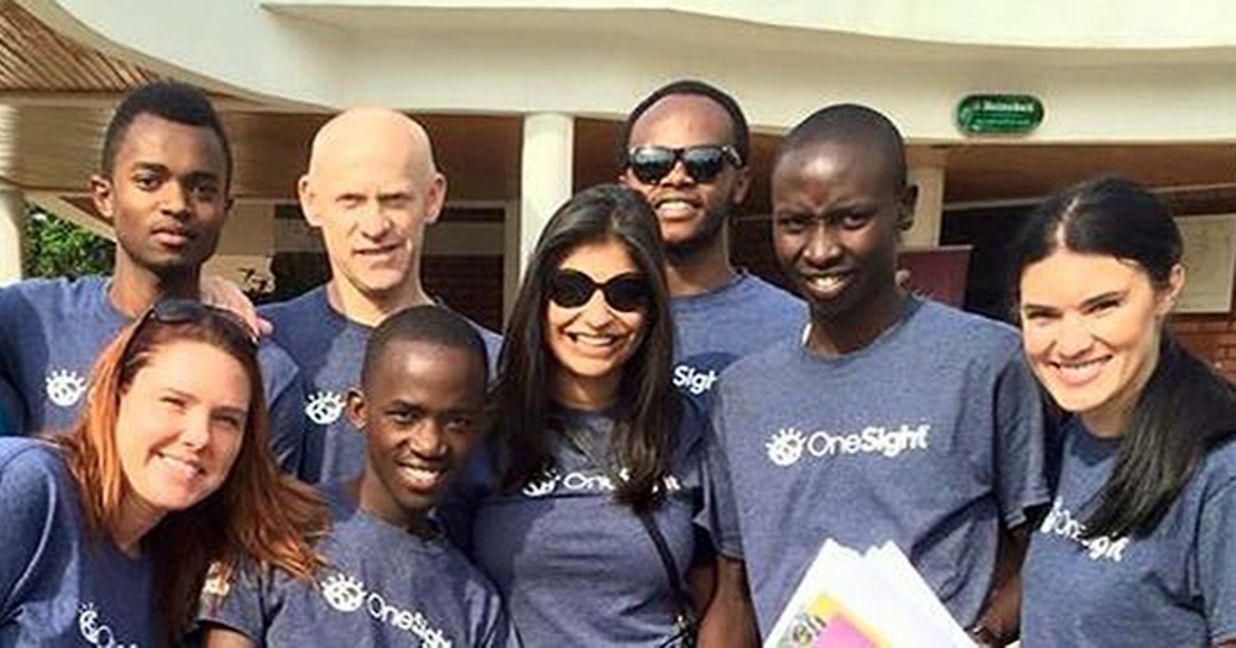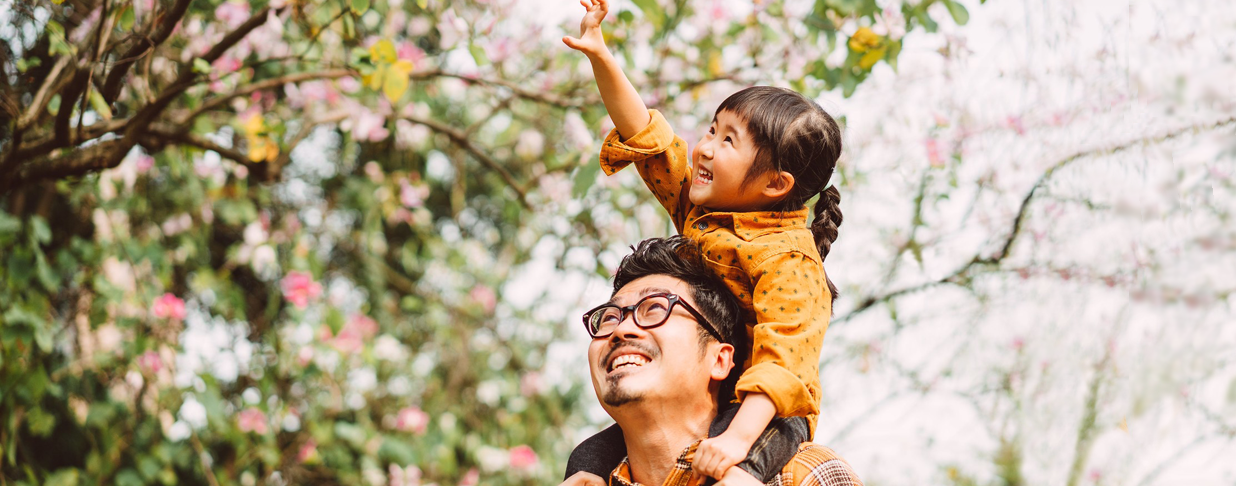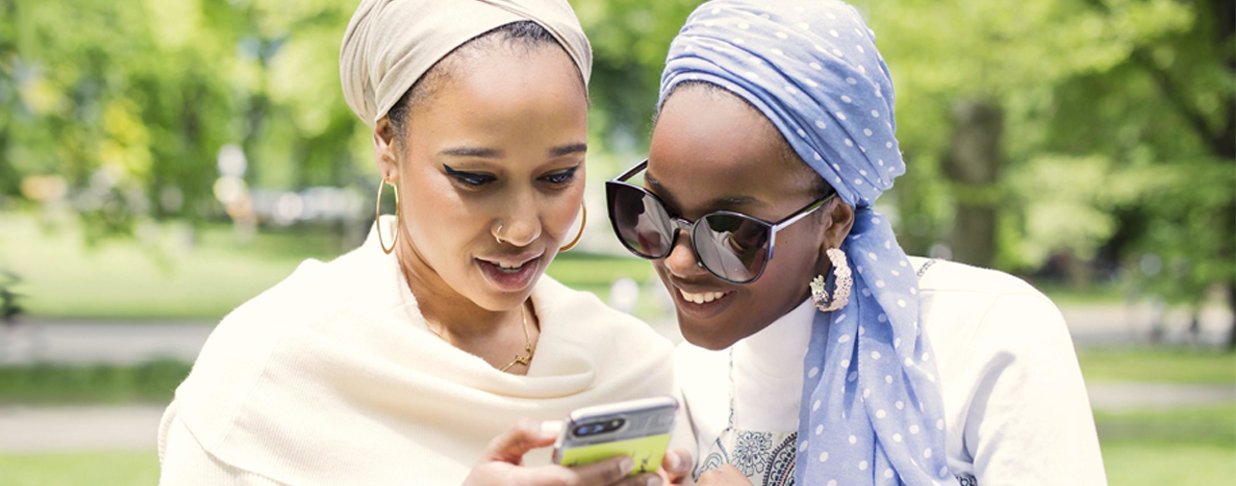World Health Day was April 7 and we’re featuring stories about EyeMed employees and their volunteerism on OneSight sustainable vision care clinics around the world. An independent non-profit committed to providing affordable vision care around the world, OneSight has helped nearly 10 million people in 46 countries [1], and counting.
It’s a perfect time to tell these stories of sustainable vision care efforts, as the World Health Organization (WHO) observes the 70th anniversary of World Health Day —created to raise awareness of, and support for, sustainable access to quality health care services for everyone, everywhere — without financial hardship.
Jesseca Oscar’s story -- Rwanda
In Rwanda, there are few words to describe when your vision is fuzzy, let alone to explain common vision ailments such as macular degeneration.
As Senior Director and HR Business Partner for EyeMed, I had the honor of traveling to Rwanda with the OneSight team in 2015. I was there to share my expertise managing organizational talent and lead awareness training of prospective healthcare workers in villages where vision screenings would take place. But I found the language barrier underscored a broader issue behind the lack of affordable, accessible vision care.
We were trying to make vision care important to the the locals when they are dealing with so many issues — water, communicable diseases, hygiene, infant mortality. Sometimes they didn’t even know vision was correctable. And in some villages, poor vision is seen as a curse.
With the help of Rwandan medical students who acted as translators, the team was able to make the complex matter simple. We relied on spirit and creativity, using pictures that helped bring the issue to life. Even without words, we were able to communicate amazingly well.
Rwandans now operate more than 40 vision centers, thanks to OneSight’s mission of bringing accessible and sustainable vision care to people around the world. Each of these centers provides eye exams and eyeglasses to individuals in need from villages like the one where I trained people.
It’s so rewarding to do this volunteer work because those local people are now able to perform expert screenings and train others to do the same, making it a self-sustaining program.
Yes, it was a challenge at first, marked by many difficult days of acclimating to an entirely different culture. But eventually, with the many classes we held in the villages, the newly trained healthcare workers started to get through to the locals. They began to help each other out and teach each other, and we were able step aside.
It was a moving moment! The work is hard; it feels like chaos because it is so different from how anything would work at home. So we tried and learned and fixed, and tried again in a different way. In the end we accomplished a lot — but mostly by listening to each other and being willing to test and learn.
As I reflect on this life-changing work, I’d advise other volunteers going into new cultures to let go of any assumptions that you can apply the operational models you know from home to a foreign community. It won't stick. You have to literally forget everything you know, immerse yourself in the reality of where you are, and problem-solve from there.
The WHO is calling on world leaders to live up to the pledges they made in 2015 when they agreed to the Sustainable Development Goals. They are asking for commitments to concrete steps to advance #HealthForAll, which means ensuring that everyone, everywhere can access essential quality health services without facing financial hardship.
Visit onesight.org to see how you or your company can get involved, or for more background, you can review OneSight’s sustainable program and approach.
BL-1804-CB-438
[1] https://onesight.org/about-us/



